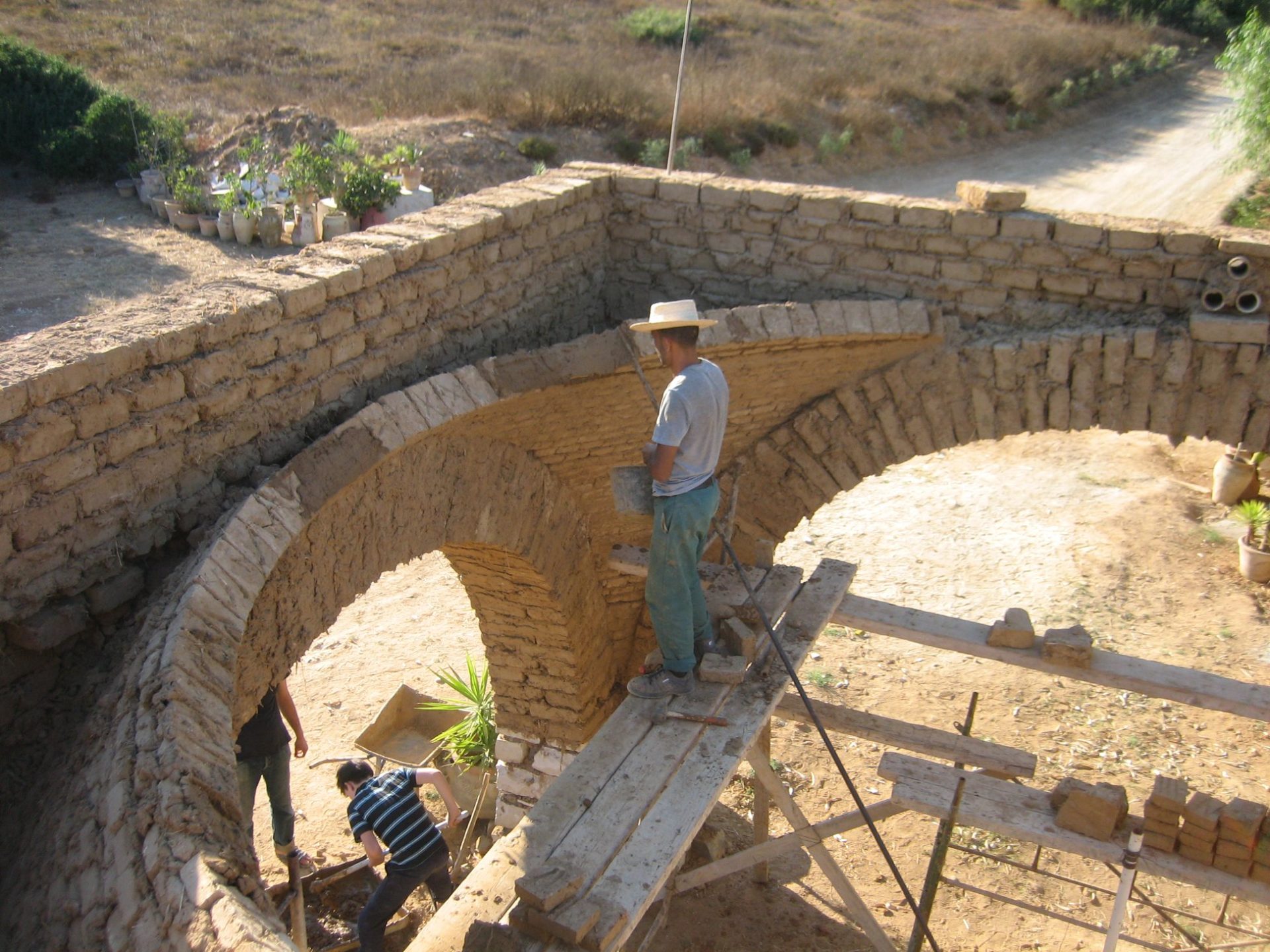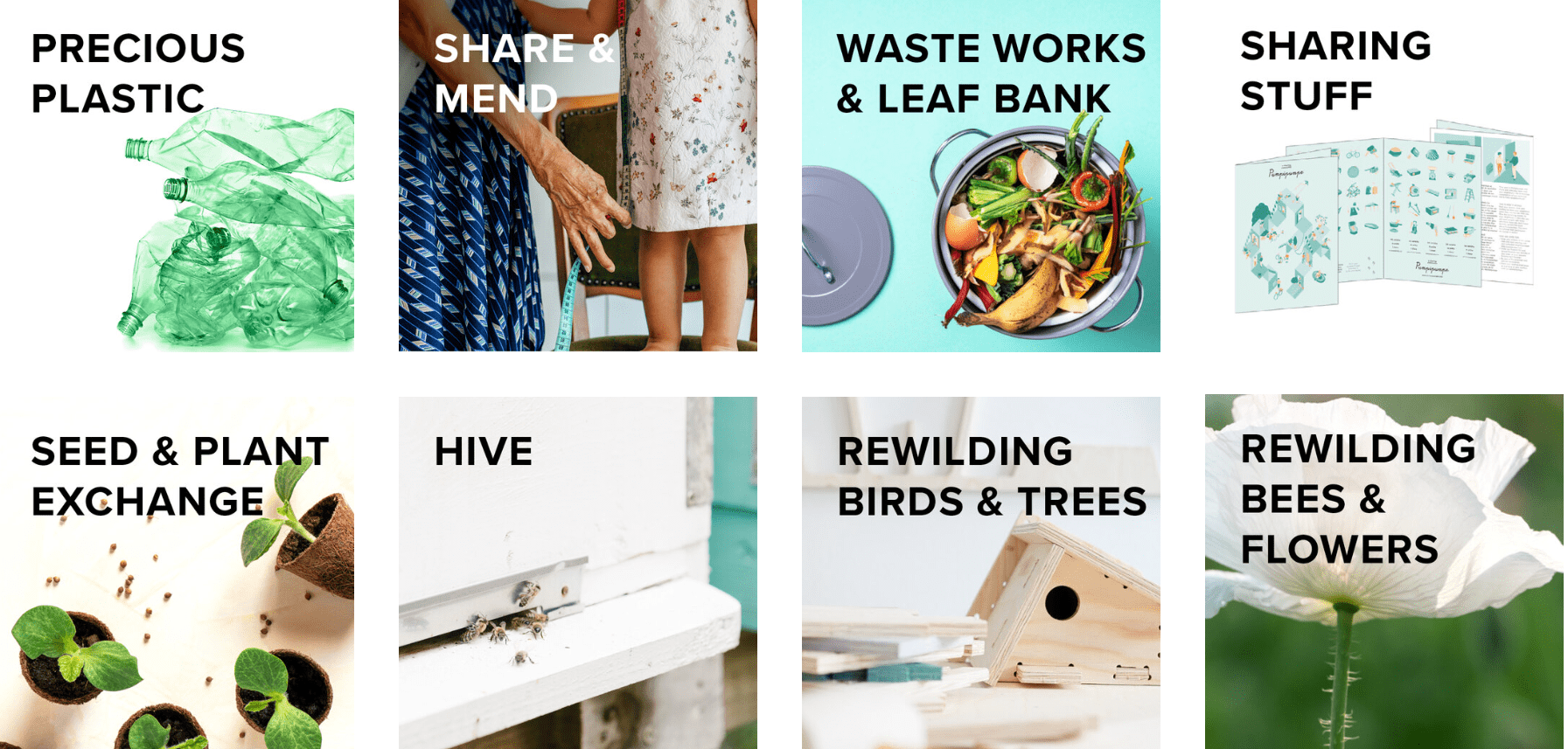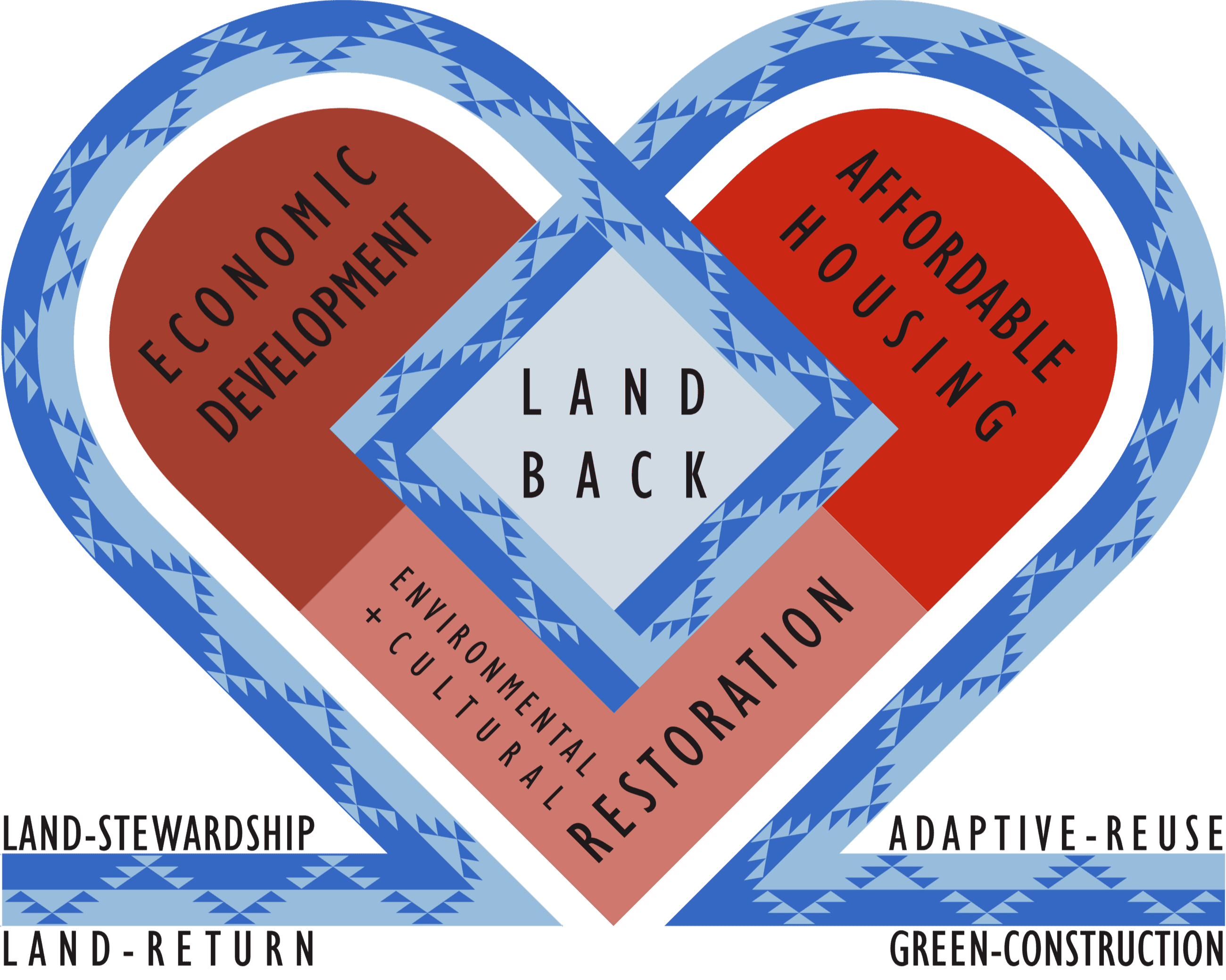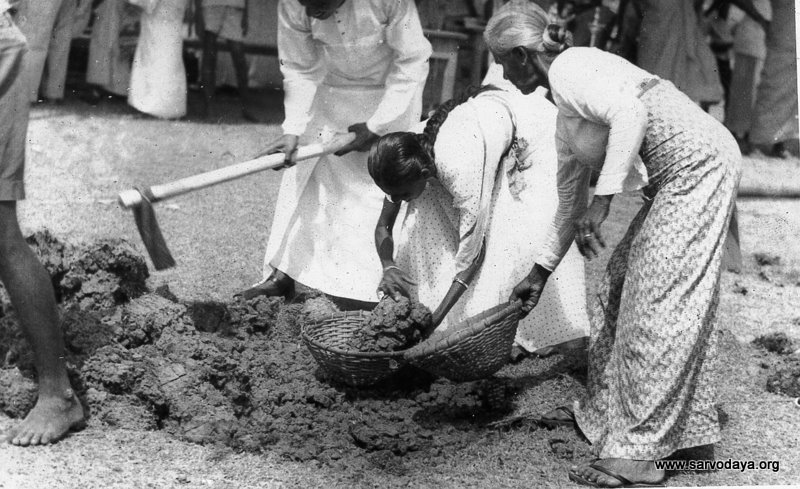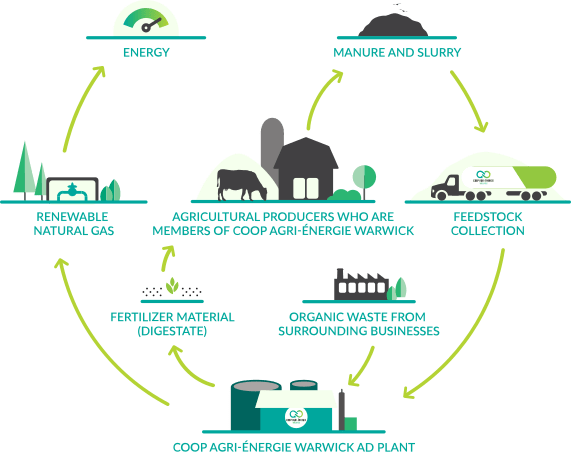Eco-construction and other on the hills of Tunis
On a hill covered with forests and Mediterranean bush, not far from Tunis (Tunisia), the Agricultural Development Group (GDA for its French acronym) Sidi Amor leads since 2006 a community development project around the valorization of the natural resources of the land: plants, stone, earth, water, and energy. Through multiple training activities, the actions for the conservation of nature by the association would act as a lever for the self growth and development of the members of the GDA - young people, men and women from surrounding urban areas, as well as local residents of the rural site.

